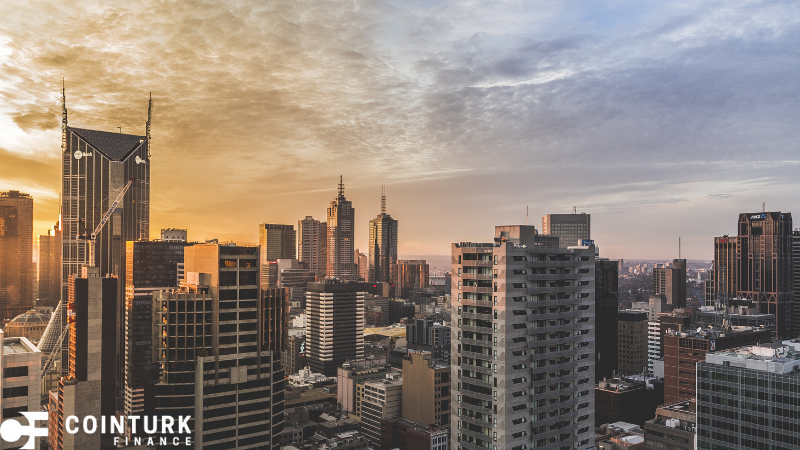A recent report by Bain & Company highlights a concerning trend: CEOs globally are de-emphasizing sustainability in favor of addressing pressing issues such as inflation, disruptive technology, and geopolitical uncertainty. Meanwhile, consumer and corporate interest in sustainable practices and products is on the rise. Bain’s comprehensive surveys, which included over 500 B2B buyers and sellers across various industries and nearly 19,000 consumers from 10 countries, form the basis of this report.
Earlier reports indicated a wave of optimism among companies about sustainability, with many setting ambitious goals for reducing emissions and adopting greener practices. Recent data, however, suggests that the excitement is waning as the complexity and extended timelines of these initiatives become apparent. Companies are now realizing that achieving these targets is more challenging than initially anticipated. Furthermore, the majority of firms are not on track to meet their Scope 1, 2, and 3 emissions reduction goals, highlighting a significant gap between ambition and action.
Jean-Charles van den Branden, Bain’s Global Sustainability Practice Leader, observed:
“The transition to a sustainable world is following a familiar cycle. What began a few years ago as boundless excitement has given way to pragmatic realism. As the challenge of meeting bold commitments becomes clear, many companies are rethinking what is achievable and on what timeline. But slowing progress would be a mistake.”
Consumer Focus on Climate Change
The report underscores a growing consumer awareness and concern for sustainability. Over 60% of consumers surveyed reported increased concerns about climate change over the past two years, particularly those in regions affected by extreme weather. These concerns are driving behaviors such as recycling, reducing disposable product use, minimizing air travel, and cutting down on meat or dairy consumption. Notably, consumers expressed a willingness to pay a premium for products that have minimal environmental impact, with US respondents willing to pay up to 10% more for such products.
Corporate Buyers Embrace Sustainability
Sustainability considerations are becoming crucial for corporate buyers as well. The report reveals that sustainability is now a top three purchasing criterion for 36% of B2B customers, and 57% expect to prioritize it even more in the next three years. Nearly half of the B2B respondents are prepared to pay a premium of 5% or more for sustainable products or services, and many suppliers are adapting to meet this demand. However, approximately half of the buyers feel that the sustainable options currently available do not meet their expectations, indicating room for improvement.
Van den Branden pointed out:
“Building a sustainable business remains a strategic imperative. Customers, consumers, and regulators are demanding it. Risk and competition will compel it. Transitions in energy, food, and other sectors are well underway. Sooner than expected, a mix of new technologies, consumer and customer behavior, and smart policy will create valuable opportunities for the most forward-thinking companies across industries.”
While the current focus of CEOs may have shifted away from sustainability, the momentum among consumers and corporate buyers suggests that the demand for sustainable products and practices is not diminishing. This divergence highlights a potential risk for companies that fail to prioritize sustainability, as they may struggle to meet the evolving expectations of their customers and clients. To bridge this gap, businesses need to balance immediate operational challenges with long-term sustainability goals, ensuring they remain competitive in a market increasingly driven by environmental concerns. The path forward involves integrating sustainable practices into core business strategies and leveraging emerging technologies to meet both regulatory and consumer demands.










